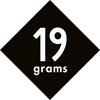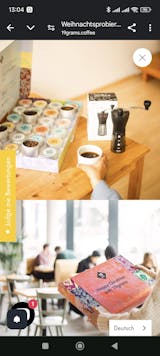The export of coffee in Indonesia began in 1711 by the Dutch East India Company (VOC). It was at this time that the term Java coffee, still occasionally used today, was coined to describe Arabica coffee. On the island of Java, the first Indonesian coffee was harvested and then sold in Amsterdam, making the island one of the most important coffee exporters. Today, Java still plays an important role and is geographically and economically the center of Indonesia.
Originally, only Arabica varieties were grown in Indonesia, but the country was not spared from coffee leaf rust, so it focused on Robusta plants, which are resistant to the bacteria due to their high caffeine content.
Indonesia made a name for itself with its post-harvest 'giling basah' process. This hybrid process combines elements of washed and natural processes.
Semi-washed coffees tend to have a very heavy body with earthy, woody and spicy flavors with a hint of acidity.




